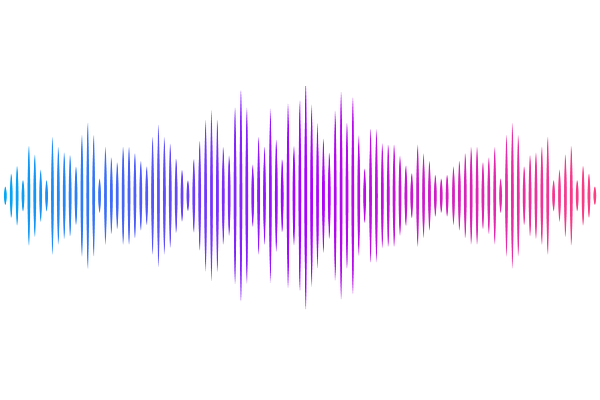Decoding task representations that support generalization in hierarchical task

Decoding task representations that support generalization in hierarchical task
Lee, W.; Hazeltine, E.; Jiang, J.
AbstractTask knowledge is encoded hierarchically such that complex tasks are composed of simpler tasks. This compositional organization also supports generalization to facilitate learning of related but novel complex tasks. To study how the brain implements composition and generalization in hierarchical task learning, we trained human participants on two complex tasks that shared a simple task and tested them on a novel complex task whose composition could be inferred via the shared simple task. Behaviorally, we observed faster learning of the novel complex task than control tasks (i.e., behavioral generalization effect). Using electroencephalogram (EEG) data, we could decode the constituent simple tasks when a complex task was performed (i.e., EEG composition effect). Crucially, the shared simple task, although not part of the novel complex task, could be reliably decoded from the novel complex task. The decoding strength was also correlated with EEG composition effect and behavioral generalization effect. The findings demonstrate how generalization in task learning is implemented via task reinstatement.